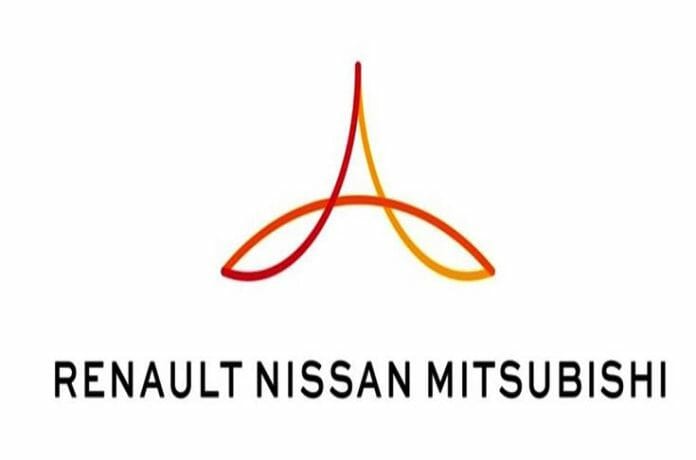Renault Group, Nissan Motor Co., Ltd., and Mitsubishi Motors Corporation, the members of one of the world’s leading automotive alliances, have announced common projects and actions to accelerate and to shape their shared future towards 2030, focusing on the mobility value chain.
Among the highlights of this project is the 2030 roadmap focuses on pure electric vehicles and connected mobility. Where all parties have defined a common agenda on pure-EV and Intelligent & Connected mobility, sharing investments for the benefits of its three-member companies and their customers.
“The Renault-Nissan-Mitsubishi Alliance is a proven, unique model. For 22 years, we have been building on our respective cultures and strengths for our common benefit,” said Jean-Dominique Senard, Chairman of the Alliance. “Today the Alliance is accelerating to lead the mobility revolution and deliver more value to customers, our people, our shareholders and all our stakeholders. These are massive investments that none of the three companies could make alone. Together, we are making the difference for a new and global sustainable future; the Alliance becoming carbon neutral by 2050.”
Another area that will be focused on as the Alliance heads towards the goal is to enhance the usage of common platforms in the coming years from 60% today to more than 80% of its combined 90 models in 2026. This will allow each company to deepen their focus on their customers’ needs, their best models and core markets, while also extending innovations across the Alliance, at a lower cost.
As part of this, Mitsubishi Motors will reinforce its presence in Europe with two new models, among them the New ASX based on Renault best-sellers. Renault, Nissan, and Mitsubishi have pioneered the EV market, with more than EUR10 B already invested in the field of electrification. In the main markets (Europe, Japan, the US, China) 15 Alliance plants already produce parts, motors, batteries for 10 EV models on the streets, with more than 1 million EV cars sold so far and 30 billion e-kilometers driven.
The Alliance is working with common partners to achieve real scale and affordability, enabling to reduce battery costs by 50% in 2026 and 65% by 2028. With this approach, by 2030, the Alliance will have a total of 220 GWh battery production capacity for EVs across key production sites in the world.
Beyond that, the Alliance shares a common vision for all-solid-state battery technology (ASSB). Based on its deep expertise and unique experience as a pioneer in battery technology, Nissan will lead innovations in this area that will benefit all Alliance members.
ASSB will have double the energy density versus current liquid lithium-ion batteries. Charging time will also be greatly reduced to one-third, enabling customers to make longer trips with increased, convenience, confidence, and enjoyment.
The aim is to mass produce ASSB by mid-2028, and in the future beyond that to realize cost parity with ICE vehicles by bringing costs down further to 65$ per kWh, accelerating the global shift to EVs.









